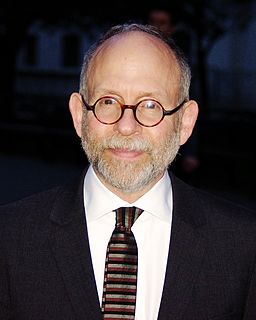A Quote by Wamiqa Gabbi
Wamiqa means the goddess of wind; my dad is a poet and writer in Punjabi and Gabbi is his pseudonym.
Related Quotes
The inimitable writer Maxine Hong Kingston published a book in 2002 with the title To Be the Poet. However, in contrast to the transformatory distinctions Kingston makes between the conditions of being a prose writer and "the poet," my multigenre impulses incline me to a broader transformation: to be a writer.
Wormholes were first introduced to the public over a century ago in a book written by an Oxford mathematician. Perhaps realizing that adults might frown on the idea of multiply connected spaces, he wrote the book under a pseudonym and wrote it for children. His name was Charles Dodgson, his pseudonym was Lewis Carroll, and the book was Through The Looking Glass.
One of the advantages of having gone to Penn State was having had a scholar for a mentor - Philip Young. Also, a professional writer named Philip Klass taught there. He was a science fiction writer whose pseudonym was William Tenn. As a professional writer, he brought wisdom to teaching because he'd done it for a living.
The poet's, the writer's, duty is to write about these things. It is his privilege to help man endure by lifting his heart, by reminding him of the courage and honor and hope and pride and compassion and pity and sacrifice which have been the glory of his past. The poet's voice need not merely be the record of man, it can be one of the props, the pillars to help him endure and prevail.
Leonard [Nimoy] was such a teacher for me. He was one of the most fully realized human beings I have ever known on every level - in his personal life with his personal relationships and his love for his wife and his evolution with his family. Then as an artist, as an actor, as a writer, as a poet, and as a photographer. He never stopped.
One of the appeals of William Carlos Williams to me is that he was many different kinds of poet. He tried out many different forms in his own way of, more or less, formlessness. He was also a poet who could be - he was a love poet, he was a poet of the natural order and he was also a political poet.

































